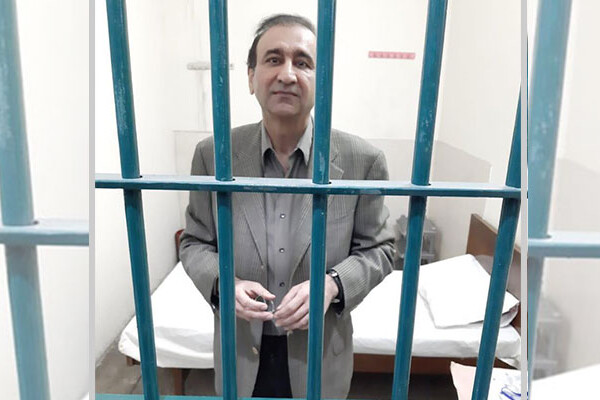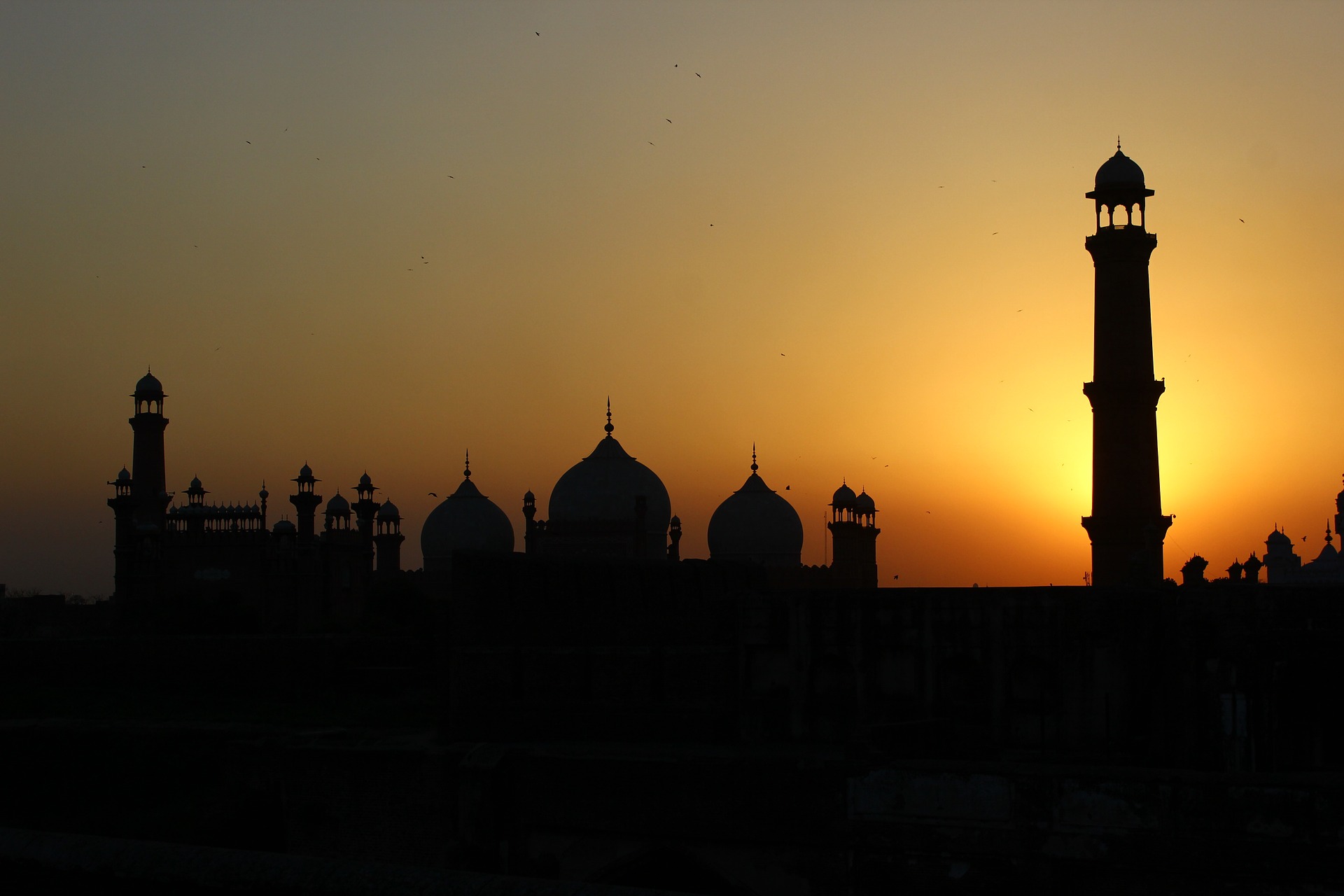Update: Dawn confirms that the accountability court in Lahore has indicted Mir Shakil-ur-Rahman and two others. Read more.
Jang Media Group Editor-in-Chief, Mir Shakil-ur-Rahman, faces indictment while online and offline attacks on journalists and threats to editorial independence continue to endanger media freedom in Pakistan.
More than two months after the release of Mir Shakil-ur-Rahman (MSR) on bail, reports reveal that he has now been summoned for an indictment in an accountability court tomorrow (28 January). The indictment follows MSR’s arbitrary arrest in March 2020 for an alleged illegal land purchase more than 30 years ago. According to newspaper Dawn, the National Accountability Bureau (NAB) “had arrested Mr Rehman, while other two suspects were only interrogated.”
MSR’s news outlets are known to be critical of Prime Minister Imran Khan and the Pakistani military. Following his arrest, MSR spent more than 200 days in detention without bail, and received national and international support from journalists, activists, NGOs and other civil society and human rights groups around the world, calling for his release.
Read more: Court set to indict Jang editor in land allotment case (Dawn)
This latest development takes place amid a significant financial crisis, where job losses and retrenchments across Pakistan’s media industry are rife, and growing concerns for journalist safety.
Serious concerns for journalist safety
Last week, Nasir Mughal, a Geo News cameraman, was attacked while covering a murder case outside of an anti-terrorism court in Islamabad. According to PMA member Geo, the defendants assaulted Mughal while he was filming them leave court. A police spokesperson assured that there will be an inquiry into the attack.
There have also been concerns for journalists working at foreign media outlets. In recent weeks, journalists at the Urdu editions of The Independent and the BBC have been the targets of online hate, defamation, and boycott campaigns, with some receiving death threats. This includes female journalists that are considered overly critical of authorities.
Daniel Bastard, Head of RSF’s Asia-Pacific desk, denounced the attacks, saying, “These online hate campaigns, orchestrated by trolls at the military high command’s behest, not only threaten press freedom but are also extremely dangerous for the journalists who are the targets of the death threats”. He added, “Calling for journalists to be murdered, with the aim of intimidating and silencing anyone critical of the authorities, is completely unacceptable.”
Editorial interference and censorship
On 15 January, the BBC announced that it would be terminating its contract with the privately-owned Pakistani channel, AAJ TV, and suspend the broadcast of its 30-minute daily news bulletin, Sairbeen, due to “continued interferences.” These “interferences” are understood by RSF as being “a euphemism for AAJ TV’s censorship of certain content because of constant pressure from Pakistan’s political and military establishment.” The media watchdog also cited forms of censorship within Voice of America’s Urdu service.
In a statement released last week, Jamie Angus, Director of the BBC World Service said, “Any interference in our programmes represents a serious breach of trust with our audiences, which the BBC cannot allow. We have experience interference in our News bulletins since October 2020 and gave AAJ TV ample time for their efforts to facilitate returning the programme to air.”
The BBC has ceased broadcasting Urdu language news bulletins via Pakistan-based AAJ TV.
For details: https://t.co/57FQWSWtR5 pic.twitter.com/10TQkhNtJx— BBC News اردو (@BBCUrdu) January 15, 2021
In other developments, Naeem Bokhari, the recently appointed Chair of national broadcaster, Pakistan TV (PTV), has been removed by the federal cabinet along with two other directors. There was significant criticism about his appointment in November, when the lawyer and affiliate of Prime Minister, Imran Khan, stated, “This is the PTV, not any other channel. This is state television which represents the government.”
The Public Media Alliance will continue to follow up on any new developments in MSR’s case and attacks on independent media in Pakistan. Public interest media, such as Geo News, have a critical role in holding power to account and informing the public – especially now during a global pandemic. They must be allowed to report without intimidation, fear of attack or arbitrary arrest.
Header Image: Cityscape of Lahore, Pakistan. Credit: pxhere/Creative Commons
Related Posts
30th September 2020
Independent media in Pakistan remains under threat
It has now been more than 200 days…
29th July 2020
Space for independent and critical media continues to shrink in Pakistan
It has now been 139 days since the…
24th March 2020
PMA calls for the immediate release of Pakistan editor and media owner
The PMA have issued a letter to…

